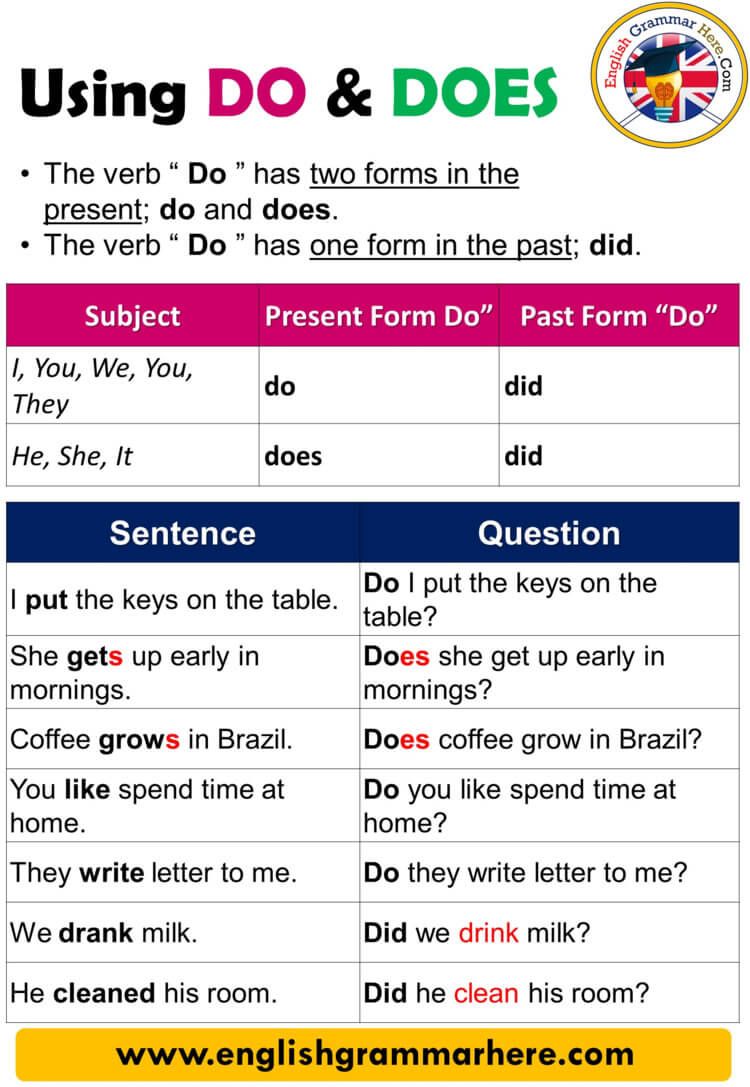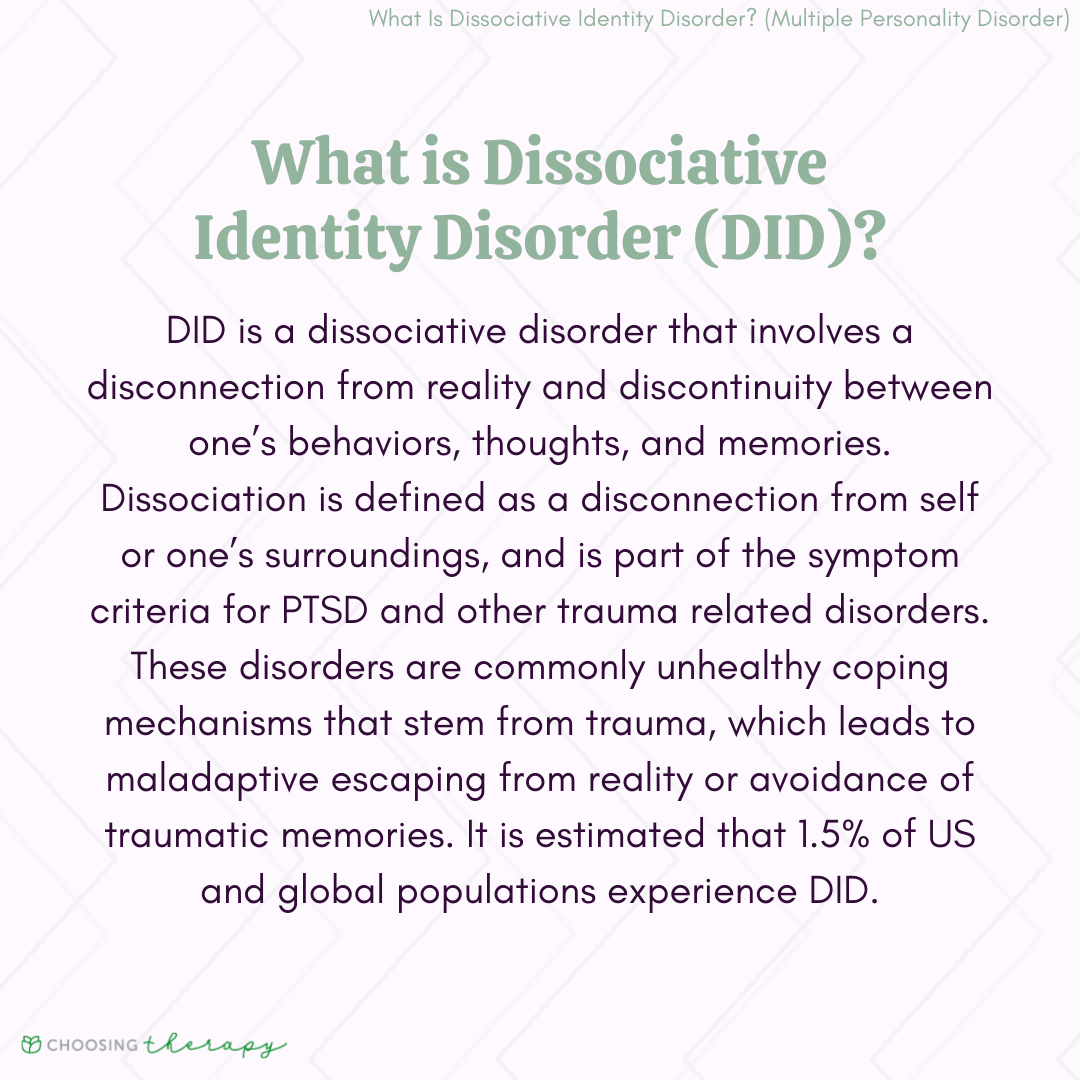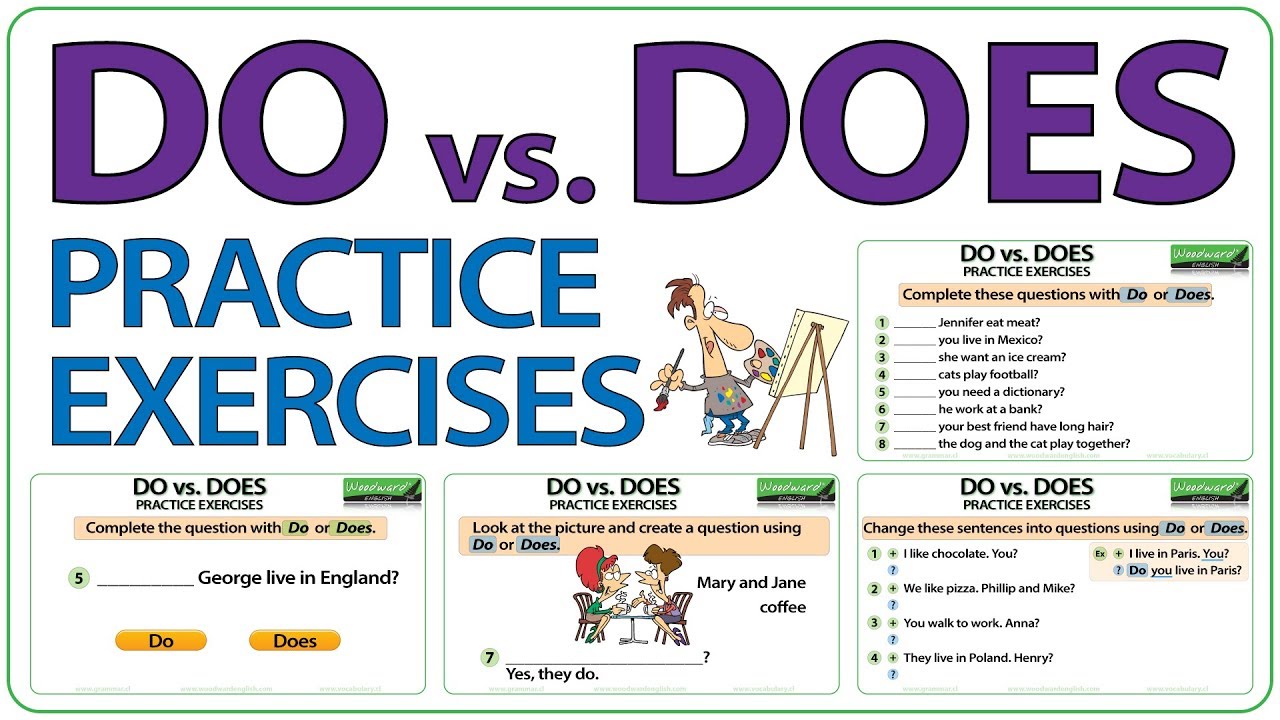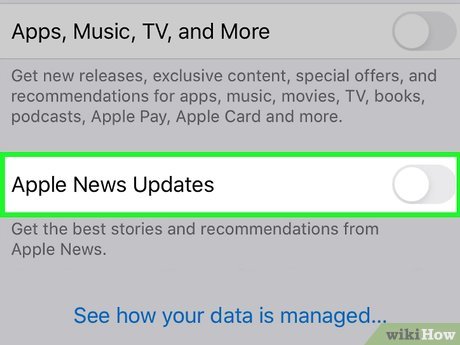Understanding If a Psychology Degree Is a Bachelor of Arts or Science: Choosing the Right Path for Your Future
Introduction: The Psychology Degree Dilemma
When considering a career in psychology or a related field, one of the first questions many prospective students face is whether a psychology degree is a Bachelor of Arts (BA) or a Bachelor of Science (BS). The answer is nuanced: psychology is unique in that it is commonly offered as both a BA and a BS, and some institutions provide one or the other, while many now offer both options. Understanding the differences between these degree tracks-along with their implications for your academic experience and career trajectory-is critical for making an informed decision about your education. [5]
What Is a Bachelor of Arts (BA) in Psychology?
A Bachelor of Arts in Psychology is typically classified as a liberal arts degree. This program emphasizes a broad-based education that includes significant coursework in the humanities and social sciences, alongside the core requirements in psychology. BA students are usually required to take a range of electives outside of the psychology discipline, sometimes including a foreign language requirement. [1] This approach encourages students to develop critical thinking, communication, and analytical skills, preparing them for diverse career opportunities both within and outside of psychology.
For example, students pursuing a BA in Psychology might take courses in philosophy, sociology, literature, and history in addition to their psychology classes. This can be especially beneficial for those interested in fields such as education, social work, marketing, law, human resources, or public relations, where a well-rounded understanding of human behavior and society is valuable. [2]
Key features of a BA in Psychology include:
- More elective flexibility, allowing exploration of disciplines outside psychology
- Emphasis on humanities, social sciences, and communication
- Potential foreign language requirement
- Preparation for a wide range of career paths or graduate studies with a broader focus
What Is a Bachelor of Science (BS) in Psychology?
A Bachelor of Science in Psychology is recognized as a more scientifically rigorous degree with a focus on quantitative skills, research methods, and the biological or neuroscientific underpinnings of behavior. [4] BS students often take more courses in math, statistics, biology, chemistry, and advanced research methods, equipping them with scientific skills that are particularly valuable for research-oriented roles or for those planning to pursue graduate study in psychology or related sciences.
For example, a BS curriculum may require laboratory work, data analysis, and a greater emphasis on empirical research. This track is ideal for students who are interested in careers in clinical psychology, neuroscience, pharmacology, or other science-based professions. [3]
Key features of a BS in Psychology include:

Source: pressbooks.online.ucf.edu
- Heavier emphasis on science, mathematics, and research
- Additional laboratory or quantitative coursework
- Preparation for graduate programs with a scientific or research focus
- Ideal for students interested in scientific careers within or beyond psychology
How Do You Choose Between a BA and a BS in Psychology?
Deciding between a BA and a BS in Psychology depends primarily on your academic interests, career aspirations, and the specific offerings of your chosen institution. Here’s a step-by-step approach to making the right choice:
- Research Your Prospective Schools: Check if your preferred colleges or universities offer a BA, BS, or both in psychology. The curriculum may vary significantly. [5] Review course catalogs, speak with admissions officers, and ask about typical career paths for graduates.
- Consider Your Career Goals: If you are interested in scientific research, clinical practice, or plan to pursue graduate school in psychology or a related science, a BS may be more appropriate. For those seeking roles in education, business, communications, or human services, a BA may offer more relevant preparation. [1]
- Evaluate General Education Requirements: Review the non-psychology coursework required for each degree. If you have a strong interest in foreign languages or humanities, the BA path may be appealing. If you prefer math, statistics, or laboratory sciences, you may thrive in the BS program. [4]
- Talk to Academic Advisors: Academic advisors can provide insight into the strengths and outcomes of each program, and help you map out your academic plan to align with your career objectives.
It’s important to note that both the BA and BS in psychology are respected degrees and provide foundational knowledge for a variety of professional paths. Many employers view either degree as sufficient for entry-level roles; your choice of electives, internships, research experience, and extracurricular involvement often play a bigger role in your employability. [2]
Real-World Examples and Case Studies
Case Study 1: Career in Human Resources Maria earned a BA in Psychology with a minor in communications. Her coursework included social psychology, public speaking, and cultural studies. After graduation, she secured a position as a human resources coordinator at a tech company, where her broad understanding of human behavior and communication skills proved invaluable.
Case Study 2: Clinical Research Aspirant James pursued a BS in Psychology, taking advanced courses in statistics, neurobiology, and research methodology. He joined a university research lab as an assistant, using his scientific training to help design and analyze experiments. His degree positioned him well for acceptance into a competitive PhD program in neuroscience.
Step-by-Step Guidance for Program Selection and Application
- Assess Your Strengths and Interests: Reflect on whether you prefer scientific analysis or a broader exploration of human behavior and society.
- Investigate Program Offerings: Visit college websites, search for ‘psychology degree BA vs BS,’ and review official program descriptions. Many universities provide sample course schedules online.
- Contact Admissions Offices: You can email or call admissions departments to ask detailed questions about degree differences, career outcomes, and support services.
- Meet With Academic Advisors: Most institutions offer advising appointments-either in-person or online-where you can discuss your goals and get program recommendations.
- Consider Internship and Research Opportunities: Ask about hands-on learning experiences such as internships, fieldwork, or research assistantships. These can be crucial for both BA and BS students.
- Apply to Multiple Programs: It is common to apply to several schools. Prepare your application materials-including transcripts, recommendation letters, and personal statements-well in advance of deadlines.
Potential Challenges and Solutions
Selecting the right degree track can be overwhelming, especially when programs differ across institutions. Some schools may only offer one option, and transfer students may face additional requirements. If you are undecided, consider starting with general education and introductory psychology courses; many programs allow students to declare their degree track in the second year.
If you encounter challenges navigating program options:
- Utilize campus resources like the career center or psychology department events
- Attend open houses or virtual info sessions to learn directly from faculty and current students
- Seek mentorship from professionals working in psychology-related fields
Alternative Approaches to Psychology Education
In addition to traditional on-campus programs, many universities offer online BA and BS degrees in psychology. Online programs can provide greater flexibility for working adults or those with family obligations. Before enrolling, make sure any online program is accredited and meets your state’s requirements for licensure or professional certification if you plan to pursue those paths.
Some students begin with an associate’s degree in psychology or a related field at a community college, then transfer to a four-year institution to complete their BA or BS. This can be a cost-effective and flexible route. Consult with transfer advisors early to ensure your credits will apply toward your intended degree.

Source: pressbooks.online.ucf.edu
Key Takeaways
- Psychology degrees are commonly offered as both Bachelor of Arts and Bachelor of Science, depending on the institution.
- The BA emphasizes liberal arts, communication, and broader humanities, while the BS focuses on scientific research, mathematics, and quantitative skills.
- Your choice should reflect your career aspirations, preferred learning style, and the academic offerings at your chosen school.
- Both degrees provide foundational knowledge for a wide range of careers and further study; practical experience and internships can further enhance your employability.
How to Access Psychology Degree Programs
To begin your journey toward a psychology degree:
- Research accredited colleges and universities to determine which degree options they offer in psychology.
- Review program requirements, course offerings, and career support services.
- Contact admissions departments for personalized guidance on the application process and degree selection.
- Consider meeting with a career counselor to align your academic path with your long-term goals.
Remember, you can find official information about degree options directly on university websites, or by contacting the psychology department of your chosen institution. For further guidance, search for resources from the American Psychological Association or visit recognized educational organizations.
References
- [1] Regent University (2022). B.A. vs. B.S. in Psychology – What’s the Difference?
- [2] The Chicago School of Professional Psychology (2025). What’s the Difference Between a B.A. & B.S. in Psychology?
- [3] University of Arizona Global Campus (2022). What is the Difference Between a BA and a BS in Psychology?
- [4] Crimson Education (2023). Psychology BA vs BS: Which Is Right for You?
- [5] Psychology.org (2025). BA Vs BS In Psychology: What’s The Difference?
MORE FROM oncecoupon.com













